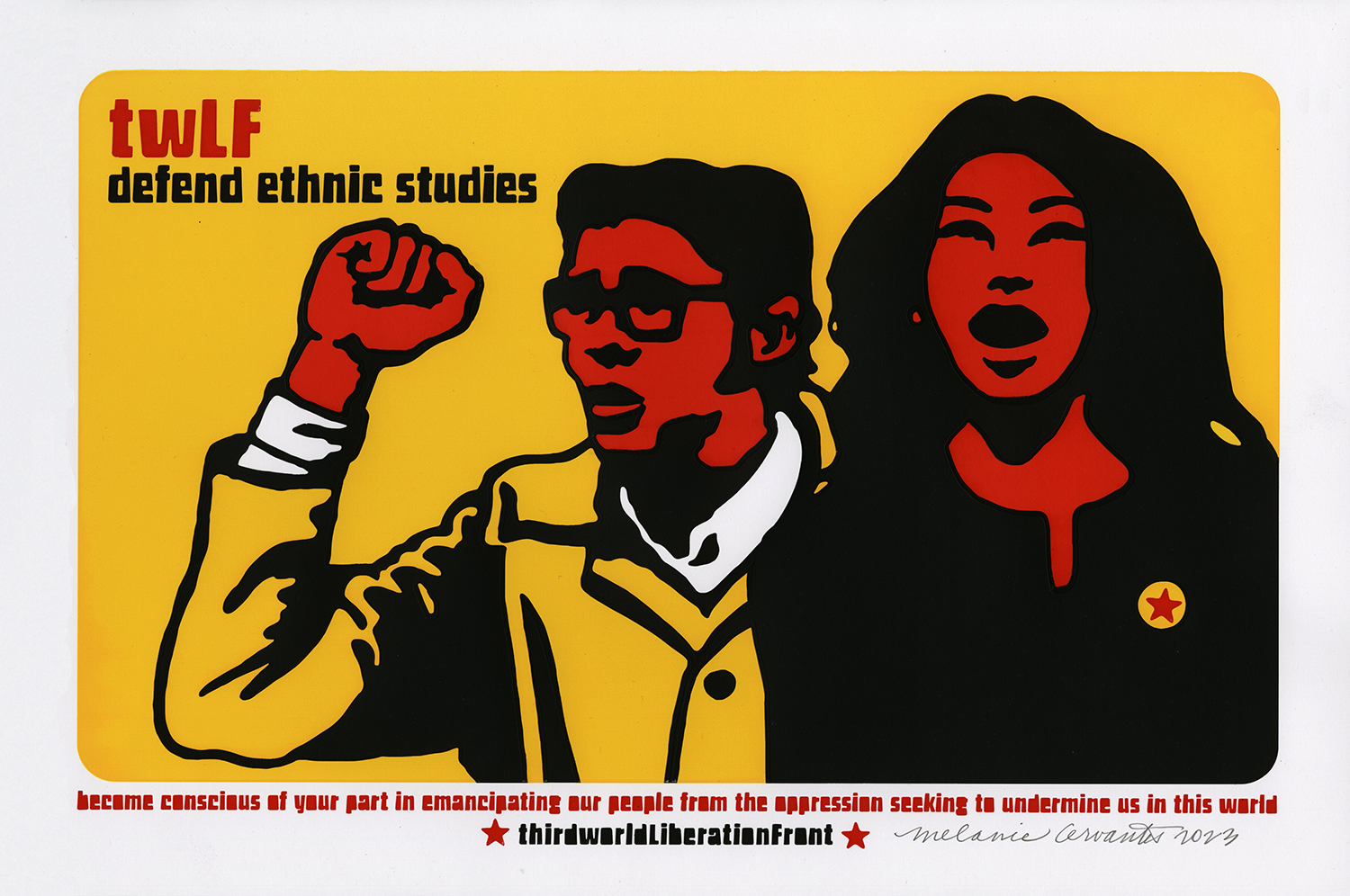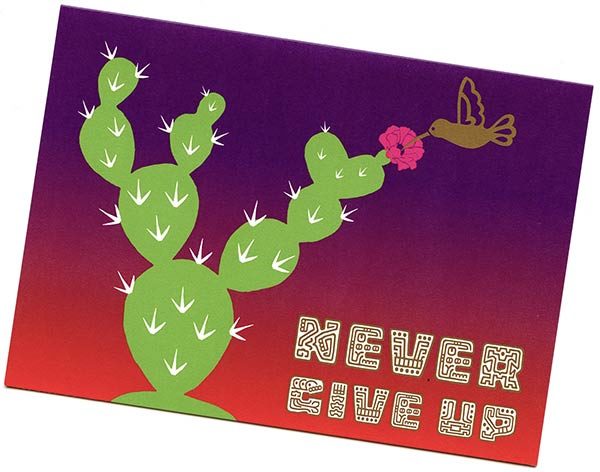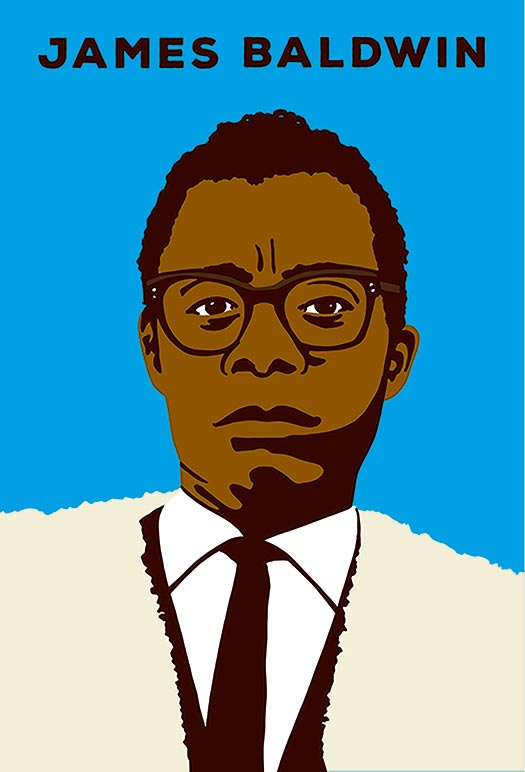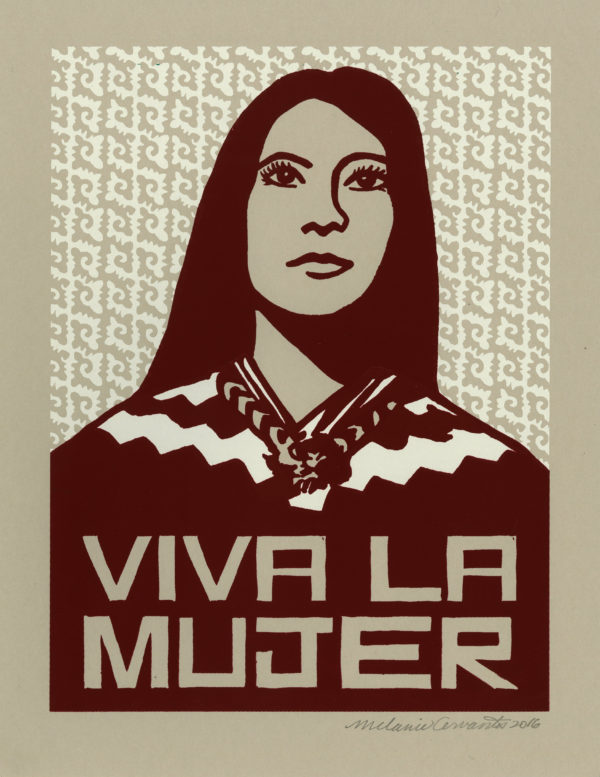"become conscious of your part in emancipating our people from the oppression seeking to undermine us in this world."- TWLF Constitution
In 1999 when I decided I was fed up with experiences of sexual harassment in the workplace, wage stagnation and very little hope for my own future I turned to education as a possible path to ameliorate my situation. My plan was simple: go to community college, transfer to a school with a strong business school and get rich. Once I actually enrolled in school I found a support network in the Puente Project as well as all the Chicano Studies courses that were available to me and my life changed direction dramatically. My original plan went in the trash.
I quickly found a framework to understand my individual experiences within the context of larger histories which had largely been eclipsed or erased by dominant narratives which centered Whiteness. As often happens with students whose consciousness is raised by these new knowledges I became enraged while simultaneously falling in love with Ethnic Studies. Thanks to the incredible support of the Puente Project I was able to tour several colleges and universities in California. I met an ethnomusicologist who had graduated from UC Berkeley’s Ethnic Studies program whose discussions about race, music and power enlivened me. I wanted to go to school where they went to school!
I transferred to UC Berkeley in the Fall of 2003 and met incredible maestrxs like Celia Herrera Rodriguez whose pedagogy and presence once again changed my life dramatically. Here I realized art would be central to my being for the rest of my life. While other professors like Robert L. Allen, who taught a social movements course, taught what it meant to be an active agent of change in my daily actions and whose lessons I am still learning to internalize.
Throughout my experience I learned about how indebted I was to generations of students who had fought under the banner of the third world Liberation Front (twLF) a movement which helped established Ethnic Studies as an interdisciplinary field in the U.S.
“The TWLF coalesced in 1969 to demand self-determination in education through the establishment of a Third World College whose curriculum would be designed for, and taught by, people of color. But TWLF was about more than demands for a new course of study and representation. Through its vision of an open university, tied to and energized by communities historically excluded from college settings, it threw down a larger challenge to oppressive structures of power at the University, in the United States, and across the world.” (The Berkeley Revolution, see below)
In my final year as a student at UC Berkeley I was entrusted with a box full of critical historical documents from twLF 1999 movement. I also represented a transfer student voice in meetings with administration that sought to hold them accountable to the agreement that came from the ‘99 student strike. One of those original demands was for a multipurpose community center that finally opened in 2007 three years after I graduated. This is a perfect example of how protracted the twLF struggle has been. And students in 2010, 2017 and on and on continue to keep the legacy alive.
______
To learn more about the multigenerational struggle that led to the establishment of Third World programs that we now call Ethnic Studies see:
When I started research to commence this series of posters I was able to access a website called The Berkeley Revolution: A digital archive of one city’s transformation in the late 1960s and 1970s. In the past couple of weeks the archive is no longer actively published on it’s original site. I provide the url that is available through the Way Bay Machine of archived material that has been posted on the web:
https://web.archive.org/web/20201019034016/http://revolution.berkeley.edu/projects/twlf/
Third World Liberation Front constitution, 1969
https://web.archive.org/web/20180508112202/http://revolution.berkeley.edu/assets/twlf-constitution.pdf
“The Power of the People Won’t Stop: Legacy of the TWLF at UC Berkeley (A Collection of Writings) Edited by Harvey Dong and Janie Chen
Ethnic Studies Review, “Special Issue on the Fiftieth Anniversary of the Founding of Ethnic Studies”, Volume 42, Issue 2
On Strike: Ethnic Studies 1969-1999 https://www.youtube.com/watch?v=0xovOLk9qE8&feature=emb_title





